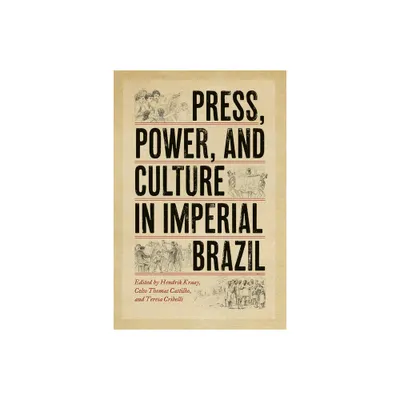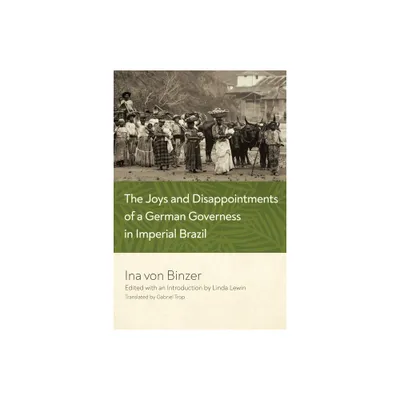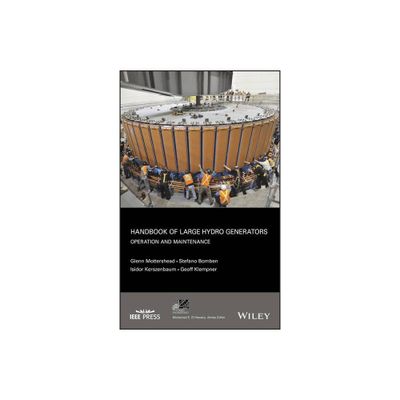Home
Press, Power, and Culture Imperial Brazil
Loading Inventory...
Barnes and Noble
Press, Power, and Culture Imperial Brazil
Current price: $85.00


Barnes and Noble
Press, Power, and Culture Imperial Brazil
Current price: $85.00
Loading Inventory...
Size: Hardcover
*Product Information may vary - to confirm product availability, pricing, and additional information please contact Barnes and Noble
Press, Power, and Culture in Imperial Brazil
introduces recent Brazilian scholarship to English-language readers, providing fresh perspectives on newspaper and periodical culture in the Brazilian empire from 1822 to 1889. Through a multifaceted exploration of the periodical press, contributors to this volume offer new insights into the workings of Brazilian power, culture, and public life. Collectively arguing that newspapers are contested projects rather than stable recordings of daily life, individual chapters demonstrate how the periodical press played a prominent role in creating and contesting hierarchies of race, gender, class, and culture. Contributors challenge traditional views of newspapers and magazines as mechanisms of state- and nation-building. Rather, the scholars in this volume view them as integral to current debates over the nature of Brazil. Including perspectives from Brazil's leading scholars of the periodical press, this volume will be the starting point for future scholarship on print culture for years to come.
introduces recent Brazilian scholarship to English-language readers, providing fresh perspectives on newspaper and periodical culture in the Brazilian empire from 1822 to 1889. Through a multifaceted exploration of the periodical press, contributors to this volume offer new insights into the workings of Brazilian power, culture, and public life. Collectively arguing that newspapers are contested projects rather than stable recordings of daily life, individual chapters demonstrate how the periodical press played a prominent role in creating and contesting hierarchies of race, gender, class, and culture. Contributors challenge traditional views of newspapers and magazines as mechanisms of state- and nation-building. Rather, the scholars in this volume view them as integral to current debates over the nature of Brazil. Including perspectives from Brazil's leading scholars of the periodical press, this volume will be the starting point for future scholarship on print culture for years to come.


















